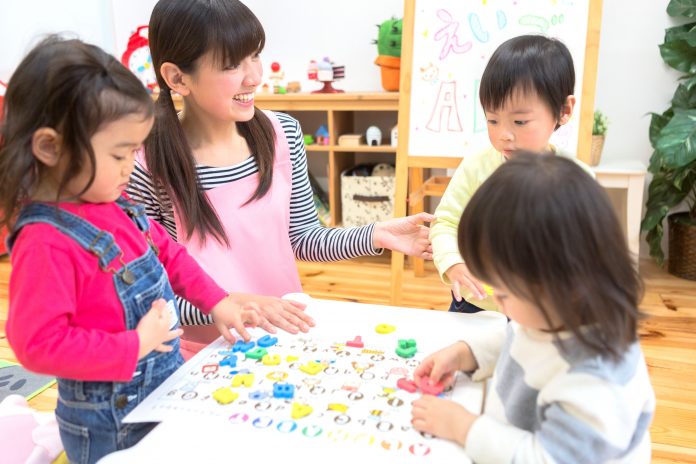Learning to teach English to adults is one thing, but a class of six-year-olds is quite another, says Melanie Butler
Most private sector EFL teachers have been there – at least, those of us who were trained in the British tradition – we spend four weeks on a certificate course training to teach a language to adults, practising with adult learners, writing essays about adult learners. Then we get on a plane headed to Granada, or Guangxhou or Greece, and the first class we teach are six-year-olds or, particularly in East Asia where pre-school English is all the rage, even younger. In Japan, for example, English for newborns is reportedly all the rage.
Now, if you happen to have taken one of the new-look US four-week courses, such as those run by Bridge or designed by the TESOL association, you may well have chosen to specialise in younger learners for the last two weeks rather than adults.
But, whatever you have learned, facing a rowdy group of six year olds – or even 16-year- olds – for the first time can be a daunting experience, so we asked Myrsini Verdoukas and Jenny Dooley to give us their top 10 tips for first-time Teflers and, as you can see on the opposite page, they took them from their new book on teaching pre-schoolers. It’s all about classroom management and if you can manage a group of three-year-olds, a group of 30-year- olds will be a breeze.
Many new teachers, especially native English speakers, worry most about how they’ll teach the technical content (what’s a modal verb again?), but perhaps the most important thing is how to get the learners to learn.
This is most self-evident with younger learners. Babies up to the age of six months can discriminate every human speech sound, regardless of language, recognise it and imitate it. Although that natural gift begins to fade over time, research by Professor Patricia Kuhl shows that it can be rekindled up to at least the age of six – as long as children are motivated by their teacher. And if you don’t believe me, I recommend Professor Kuhl’s spectacular TED Talk The linguistic genius of babies (https://www. ted.com/talks/patricia_kuhl_the_linguistic_ genius_of_babies?language=en).
It is, as Verdoukas and Dooley point out, all about exposure. The genius for recognising sound patterns may fade, but the importance of motivation does not. Small children do not tend to suffer from language learning anxiety – a well-established psychological phenomenon. The ways we deal with children, using gentle humour, avoiding belittling, creating a safe environment, can be equally important for adults.
And how do we acheive all this in the classroom? By following top tip number one: be prepared.





